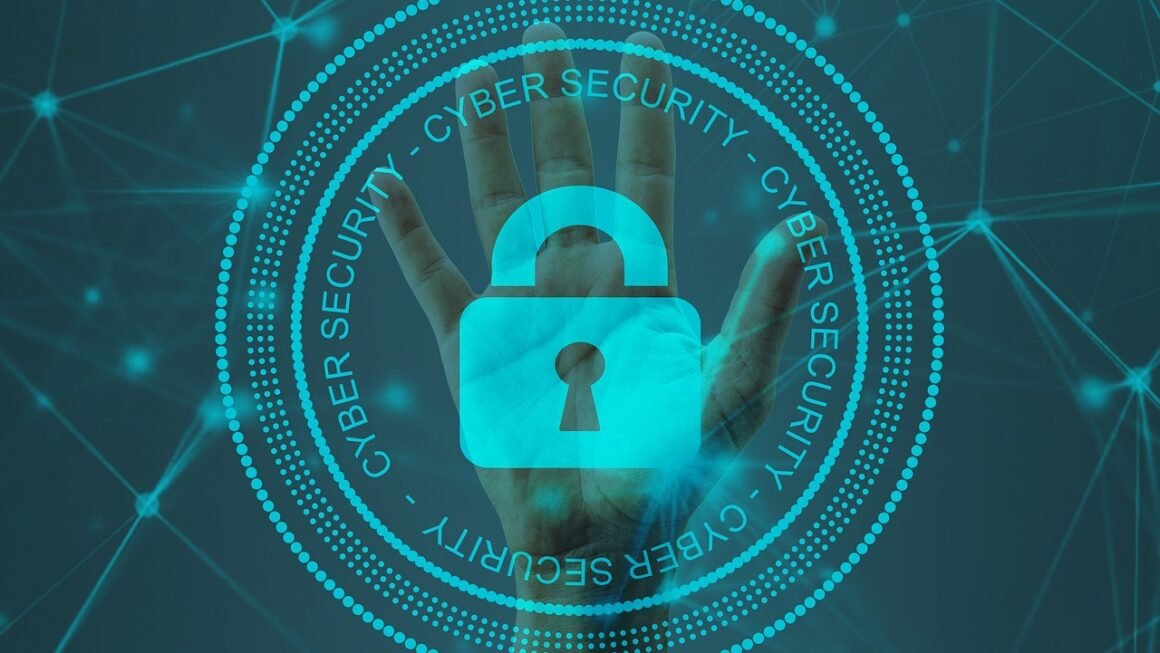Have you ever wondered how to protect your online privacy while browsing the internet? In today’s digital age, safeguarding your personal information has become more critical than ever. One powerful tool that can help you achieve this is a Virtual Private Network, or VPN. This blog post dives deep into the world of VPNs, explaining what they are, how they work, and why you might need one.
What is a VPN?
Defining a VPN
A VPN, or Virtual Private Network, creates a secure, encrypted connection over a less secure network, like the public Wi-Fi at your local coffee shop. Think of it as a private tunnel for your internet traffic. Instead of directly connecting to websites and services, your traffic first goes through a VPN server. This server acts as an intermediary, masking your IP address and encrypting your data.
How VPNs Work
Here’s a simplified breakdown of how a VPN connection works:
Practical Example
Imagine you’re traveling and connecting to the internet using public Wi-Fi at the airport. Without a VPN, your data is vulnerable to hackers who might be lurking on the same network. Using a VPN encrypts your data, making it impossible for them to intercept your passwords, credit card details, or other sensitive information.
Why Use a VPN?
Enhanced Security on Public Wi-Fi
- Problem: Public Wi-Fi networks are often unsecured, making your data vulnerable to interception.
- Solution: A VPN encrypts your data, protecting it from hackers on public networks.
- Example: Use a VPN when accessing online banking or entering personal information on public Wi-Fi.
Bypassing Geo-Restrictions
- Problem: Some content, like streaming videos or websites, is only available in certain regions.
- Solution: A VPN allows you to connect to servers in different countries, bypassing these restrictions.
- Example: If a TV show is only available on Netflix in the US, you can use a VPN to connect to a US server and access the show.
Protecting Your Privacy
- Problem: Internet Service Providers (ISPs) and websites can track your online activity.
- Solution: A VPN masks your IP address and encrypts your traffic, preventing tracking.
- Example: By masking your IP address, websites will see the VPN server’s IP, not your own, making it harder to build a profile of your browsing habits.
Avoiding Censorship
- Problem: In some countries, governments censor online content.
- Solution: A VPN can bypass censorship by routing your traffic through servers in other countries.
- Example: People in countries with restrictive internet access can use VPNs to access news and information freely.
Choosing the Right VPN
Key Features to Consider
- Security Protocols: Look for VPNs that use strong encryption protocols like OpenVPN, IKEv2/IPsec, or WireGuard.
- No-Logs Policy: Choose a VPN that has a strict no-logs policy, meaning they don’t track or store your online activity. Read the privacy policy carefully.
- Server Locations: A VPN with a wide range of server locations gives you more options for bypassing geo-restrictions and improving connection speeds.
- Speed and Bandwidth: A fast VPN will minimize the impact on your internet speed. Unlimited bandwidth is also crucial for streaming and downloading.
- Ease of Use: The VPN should be easy to set up and use, with intuitive apps for all your devices.
- Customer Support: Reliable customer support is essential in case you encounter any issues. Look for VPNs with 24/7 live chat support.
Free vs. Paid VPNs
- Free VPNs: Often have limitations, such as data caps, slower speeds, and fewer server locations. Some may even log your data or inject ads into your browsing.
- Paid VPNs: Generally offer better security, faster speeds, unlimited bandwidth, and a wider range of features. They also tend to have stronger privacy policies.
- Recommendation: While free VPNs may seem appealing, paid VPNs typically offer a more reliable and secure experience, especially if you value your online privacy.
Tips for Choosing a VPN
- Read reviews: Research different VPN providers and read reviews from reputable sources.
- Check the privacy policy: Make sure the VPN provider has a clear and transparent privacy policy.
- Consider your needs: Choose a VPN that meets your specific needs, such as streaming, gaming, or general browsing.
- Test the VPN: Many VPN providers offer a free trial or a money-back guarantee, so you can test the service before committing to a long-term subscription.
Setting Up and Using a VPN
Installation and Configuration
Best Practices for VPN Use
- Always connect before using public Wi-Fi.
- Choose a server location that’s close to your actual location for better speed.
- Enable the kill switch feature, which will disconnect your internet if the VPN connection drops, protecting your data.
- Regularly update the VPN app to ensure you have the latest security patches.
- Consider using a VPN on all your devices, including your computer, smartphone, and tablet.
Common VPN Issues and Troubleshooting
- Slow speeds: Try connecting to a different server or switching to a different VPN protocol.
- Connection problems: Check your internet connection and make sure the VPN app is up to date.
- Website blocking: Some websites may block VPN traffic. Try connecting to a different server or contacting the VPN provider’s support team.
- IP address leaks: Test your VPN connection for IP address leaks using online tools.
VPN Use Cases: Practical Scenarios
Streaming and Entertainment
Imagine you’re traveling abroad and want to watch your favorite shows on a streaming service like Netflix, but the content is not available in your current location. A VPN can solve this problem by allowing you to connect to a server in your home country, giving you access to the content you want to watch.
Business and Remote Work
For businesses, VPNs provide a secure way for employees to access company resources remotely. For example, employees can securely connect to the company’s network from home or while traveling, ensuring that sensitive data is protected.
Online Gaming
VPNs can also be used for online gaming to reduce latency (ping) and improve connection speeds. By connecting to a server that is closer to the game server, you can reduce lag and improve your gaming experience. Additionally, VPNs can protect you from DDoS attacks that are sometimes used by competitors to disrupt your gameplay.
Conclusion
In conclusion, a VPN is a valuable tool for anyone who wants to protect their online privacy, enhance their security, and bypass geo-restrictions. By understanding how VPNs work and choosing the right VPN provider, you can take control of your online experience and stay safe in the digital world. Remember to prioritize your privacy, choose a reputable VPN, and follow best practices for VPN use. Protecting your digital footprint is an ongoing process, and using a VPN is a significant step in the right direction.



